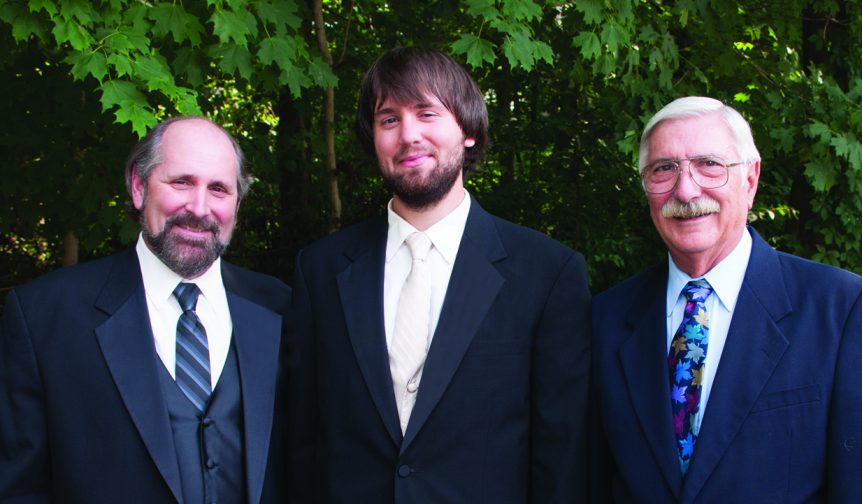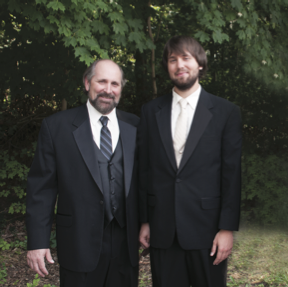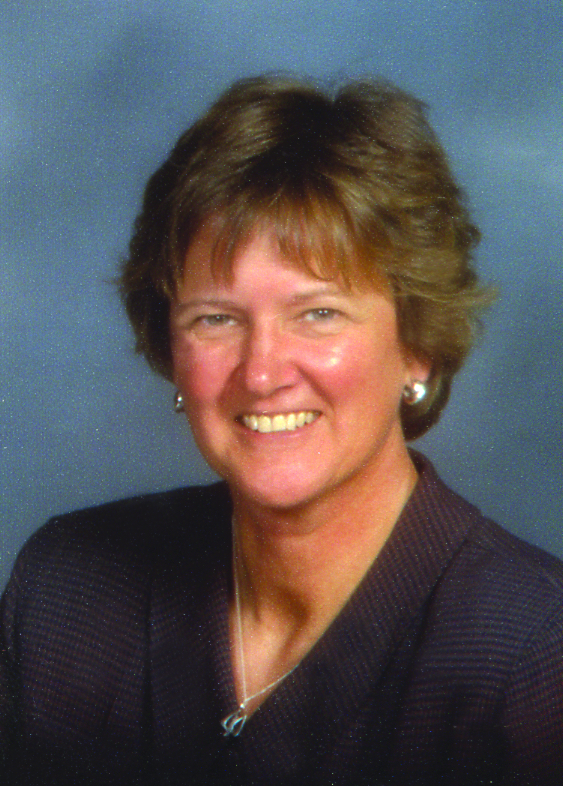By Dr. Art Lindsley

“Climbing the corporate ladder” is a phrase frequently used in a negative way to describe someone who is selfishly advancing their career at the expense of others. Millennials, however, view rapid upward mobility as something to be desired and praised. According to Entrepreneur magazine, one of the most significant issues for this generation and, likely those following it, is forward progression in their careers.
Career mobility is not a bad thing to want. The question is, why do you want it? And, what do you do if it’s not happening right away and you feel stuck in some “lowly” position?
This is where we need to reorient our thinking around work as a calling from God. What might the Lord be doing in and through you during this time of waiting? Also, do you believe the work you’re doing now is less valuable than the work you will do in the future? Let’s look at two key biblical passages on this point.
1. We often need to take a lower position and wait for God to use us in greater ways.
In Luke 14, Jesus tells a parable when he notices guests are picking places of honor at a meal:
When you are invited by someone to a wedding feast, do not sit down in a place of honor, lest someone more distinguished than you be invited by him, and he who invited you both will come and say to you, “Give your place to this person,” and then you will begin with shame to take the lowest place. But when you are invited, go and sit in the lowest place, so that when your host comes he may say to you, “Friend, move up higher.” Then you will be honored in the presence of all who sit at table with you. For everyone who exalts himself will be humbled, and he who humbles himself will be exalted (Lk. 14:8-11).
Note that it is better to take the lower place and wait for the appropriate time to be moved to the higher place. It is hard, especially for gifted young people, to start in a lower position in a job. We are often impatient to use our gifts more fully. If we are faithful in little tasks, we will prove worthy of greater responsibility.
Francis Schaeffer once said that in the lower place you have more peace and quiet and opportunity to spend time with the Lord. If you reach the highest position, you are weighed down with many cares, concerns, as well as a very demanding schedule that leaves you little time to rest and reflect on what you are doing. Schaeffer said it is better to stay in the lower place until the Lord sees you are prepared for the demands of the higher place. He will then “extrude” you to that higher responsibility (just as toothpaste is extruded out of a tube). You don’t have to be passive when opportunity comes, but it is important to realize the importance of being prepared.
2. God created people for every position in the Body, and every position on the corporate flowchart.
1 Corinthians 12 is an important reminder for those who feel they are a lesser part of the body:
For the body does not consist of one member but of many. If the foot should say, “Because I am not a hand, I do not belong to the body,” that would not make it any less a part of the body. And if the ear should say, “Because I am not an eye, I do not belong to the body,” that would not make it any less a part of the body. If the whole body were an eye, where would be the sense of hearing? If the whole body were an ear, where would be the sense of smell? But as it is, God arranged the members in the body, each one of them, as he chose. If all were a single member, where would the body be? As it is, there are many parts, yet one body (1 Cor. 12:14-20).
I have found some interesting cases among the hundreds of vocational profiles I have done. Relatively few people are made to be CEOs. Some are best as the second in command. Some are made to be inventors. Others love managing the details of an organization.
I interviewed one man whose greatest desire was to be janitor of the local school and make those floors shine. Another interviewee wanted to help the boss succeed and loved being a support person. Some love to be up front, to star, and others want to be out of the spotlight.
It is critical to know what you are made for, and not to desire, envy, or covet another’s position. Few are created to be Billy Graham, Chuck Colson, or Ravi Zacharias—but you can still find your place and delight in it.
Why Calling Matters
Seeing our work as a calling helps to reorient our thinking about its value. God calls people to a variety of different things and at different levels of responsibility. No job is more valuable than the other. Our identity is not in our job title but in the One who called us to the work in the first place. When we put too much stock in how far we’ve climbed, we tend to climb on top of others, not with them or for them.
In 1985, Robert Bellah wrote a classic book called Habits of the Heart. Bellah and his team interviewed many people throughout America about why they were committed to friends, spouses, community, and political life. They found that people had great difficulty articulating reasons for their commitment other than their own selfish interests. The language of commitment to others was lacking.
Bellah maintained that our nation desperately needed to recover the idea of calling. We are called out of our autonomous, self-centered existence in order to love God and others. To paraphrase President Kennedy, we need to ask “not what another can do for you, but what you can do for another.”
We live before an audience of One and are called by him to give our lives for others.
This article is reprinted with permission from the Institute for Faith, Work & Economics (www.tifwe.org). The original article appears here. It is an adapted excerpt from Art Lindsley’s new booklet, Be Transformed: Essential Principles for Personal and Public Life. IFWE is a Christian research organization committed to advancing biblical and economic principles that help individuals find fulfillment in their work and contribute to a free and flourishing society. Visit https://tifwe.org/subscribe to subscribe to the free IFWE blog.















 By Daniel Darling, originally posted August 20, 2018.
By Daniel Darling, originally posted August 20, 2018.
 Contact Name: Tom Strauss
Contact Name: Tom Strauss



 By Hugh Whelchel, Originally posted July 2, 2018
By Hugh Whelchel, Originally posted July 2, 2018

